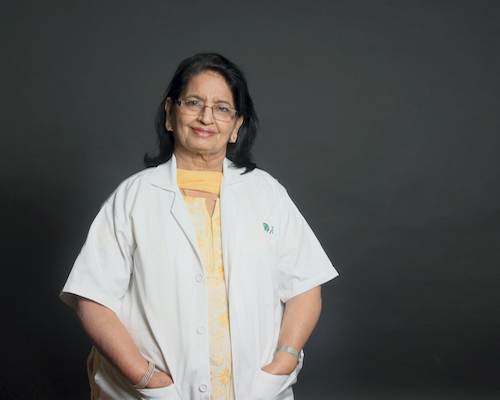New Delhi, February 02, 2019:
Ever wondered if you are safe from cancer at your own home? Yes, even at the coziness of your own room, the known roads of your own city, the deadly disease can pounce on you in a slow and steady pace. Not your genetics, neither just the lifestyle, for the rising figures of cancer victims with every passing day, blame it most on the environment around you.
As the data paints a gory picture on World Cancer Day, in 2018 itself, over 11.50 lakhs of people in India have been newly diagnosed with cancer. With a total of around 2.25 million living people suffering from the deadly disease in this country, 7.84 lakh cancer related deaths have been registered this year. In the death figures, tobacco usage alone accounted for 3.17 lakh cases, which is the most common of environmental causes of cancer. Also as researches suggest, passive smoking is responsible for 22% cancer deaths globally whereas cancer causing infections like hepatitis and human papilloma virus (HPV) account for up to 25% cancer causes in low income countries.
So how does one stay away from the environmental causes of cancer?
So how does one stay away from the environmental causes of cancer?
On the occasion of World Cancer Day, Dr. Ramesh Sarin, Senior Consultant, Surgical Oncology of Indraprastha Apollo Hospitals highlights a few things that people can do to save themselves from risk of cancer caused by environmental factors.
• Battle rising Air Pollutions: With the pollution level rising at an alarming speed in New Delhi, Kolkata and many other cities, it’s better to use masks and inhale less of pollution in the form of dust, car and factory emissions, construction works, smokes from tobacco consumptions (both active and passive) and dirt. Also its necessary to identify and minimize the causes of air pollution. Awareness and steps taken regarding these would reduce the risk of lung cancer.
• Tackling water pollutions: Using clean and purified water is better for health as more and more water bodies are getting contaminated by the biological and industry waste. The waste and chemicals present in water can lead to stomach or liver diseases like hepatitis which can shape up to cancer. Also the arsenic level rising in water recent times are harmful for the body as they develop into skin cancer gradually. Steps taken to prevent contamination of water and purification processes thereafter would prove fruitful too.
• Avoid UV rays: The deterioration of ozone layer leading to more Ultra Violet (UV) rays of sun reaching the earth has increased the rate of skin cancer over the recent years. The more one gets exposed to sun and its radiation, the more is the risk. Hence its better to plan the daily routine well and avoid over exposure to sun. In case of going out in the scorching sun, clothes covering the maximum of one’s body, regular usage of sunscreen creams and sunglasses, maintaining proper liquid intake will help.
• Watch your work: Working in an industry which has exposure to harmful elements and chemicals like asbestos, benzene and other solvents, arsenic compounds, byproducts like dioxin, chromium and lead usage and fibers increase the risk of cancer. So taking adequate protection and prevention measures are absolutely necessary.
• Avoid pesticides, insecticides, artificial colours and preservatives: Pesticides, insecticides and artificial colours used in vegetables and fruits, preservatives used in food products are very harmful for health. Excess consumption of these can lead to cancer. So it’s better to avoid these harsh chemicals and rely on organic alternatives instead.
Prevention is better than cure any day!







